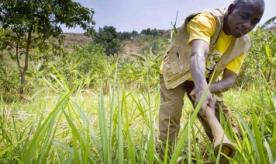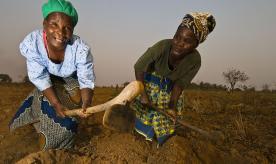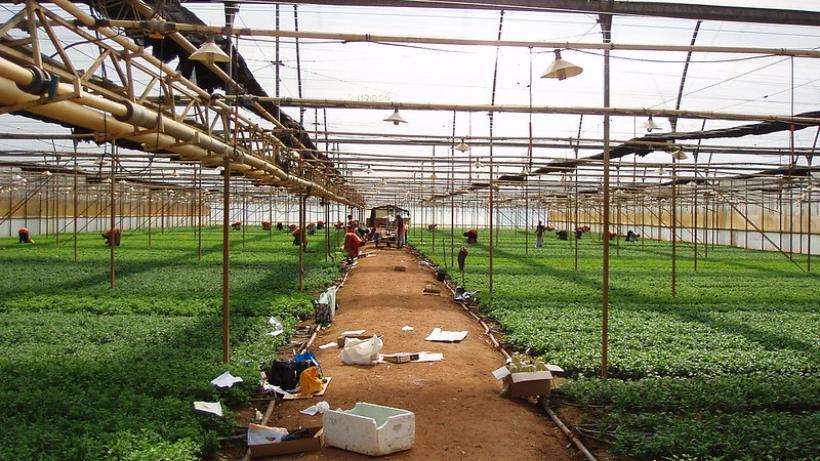
Tessa Bold
- Associate Professor
- Stockholm University
Roles
Researchers
Tessa Bold is an Associate Professor at the Institute of International Economic Studies (IIES) at Stockholm University. She was previously a Professor of Development Economics at the University of Frankfurt and holds a DPhil in Economics from Oxford University. Her research focuses on the modernization of agriculture in Sub-Saharan Africa and the challenges of climate change for poor countries, among other topics.











